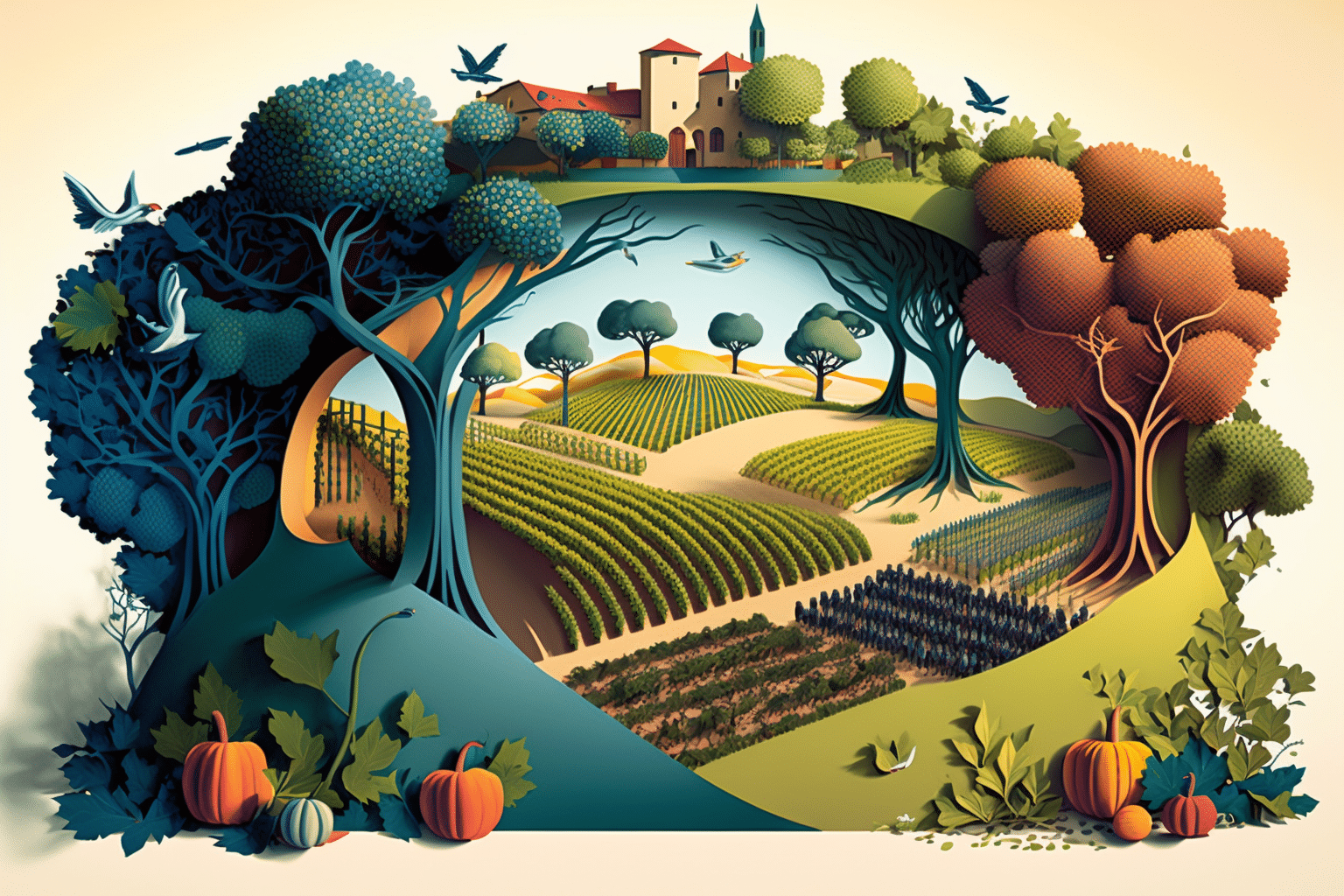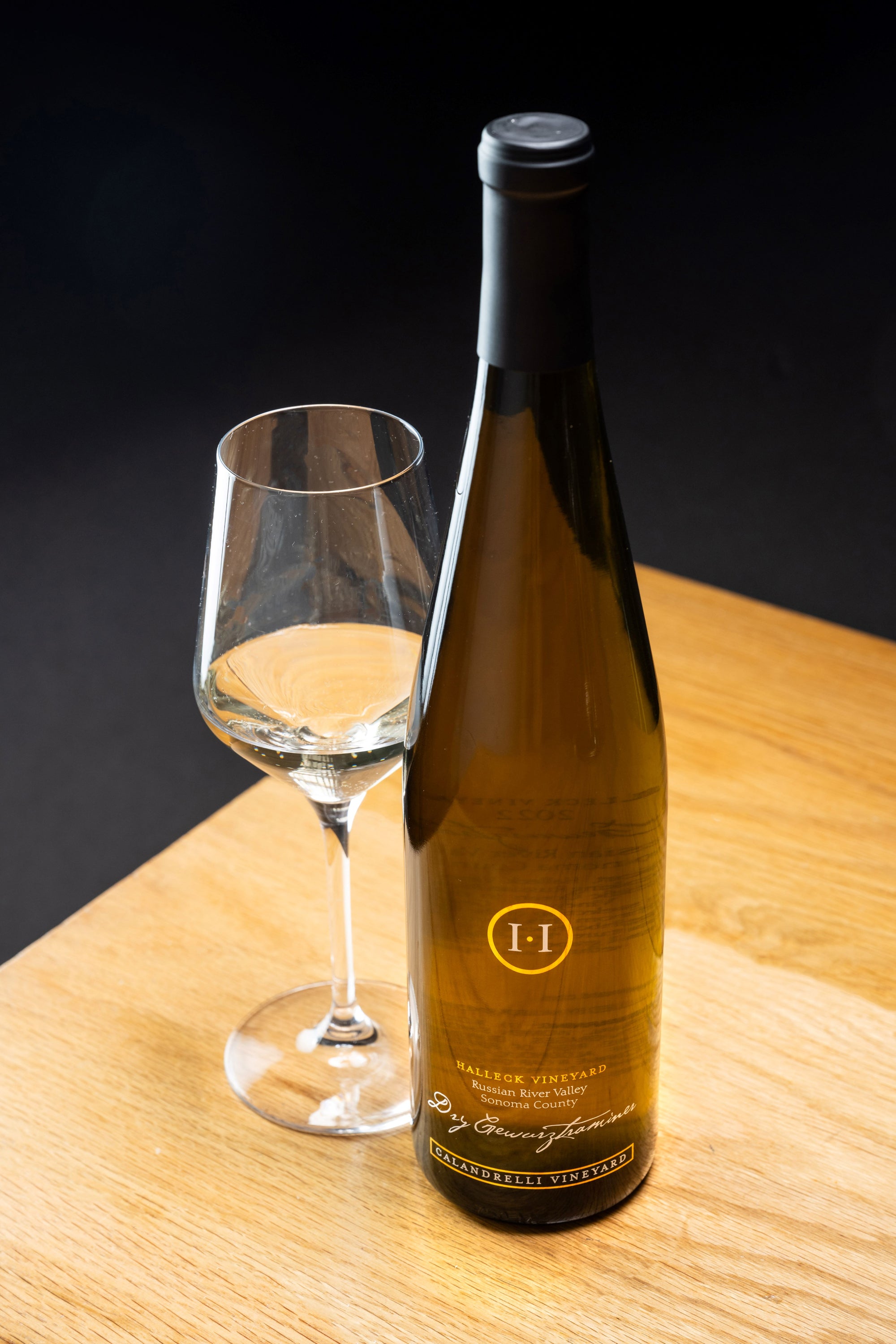Wine Tasting Experiences With Local Cheese - Best Wineries For Wine Tasting Sonoma Area
Wine Tasting Experiences With Local Cheese - Best Wineries For Wine Tasting Sonoma Area
Blog Article
Wineries That Offer Barrel Tastings - Tasting Experiences In Sebastopol Vineyards
Wine tasting is usually regarded as an art kind, one that goes past merely having fun with a beverage. It embraces a complex interaction of flavors, aromas, and textures that requires dedicated practice to really master. Many who venture into the world of wine tasting quickly understand that it entails far more than simply sipping wine. Enhancing sensory skills by way of devoted winery wine tasting can elevate the experience, transforming an off-the-cuff drinking occasion into a complicated exploration of the senses.
At a basic degree, wine tasting engages the senses of sight, scent, taste, contact, and even sound. Each element performs an important function in appreciating the nuances of a wine. When one first pours a glass of wine, the rich hues can present initial insights into its age and varietal. Observing the color and readability helps form expectations concerning the wine's flavor profile. Many don’t totally appreciate how this visible assessment can set the stage for what is to comply with.
The next step is to have interaction the sense of smell. Swirling the glass aerates the wine, allowing its risky compounds to flee and fill the air with its bouquet. The nostril entails some fascinating layers—different aromas can sign various aspects of the winemaking process, including the sort of grapes used, fermentation methods, and aging circumstances. Creating a eager sense of scent is normally a game-changer in wine tasting.
Beautiful Picnic Areas At Sonoma Wineries - Sonoma Wineries With Vineyard Views
To enhance this sensory skill, wine enthusiasts are sometimes encouraged to take part in dedicated tastings at wineries. These tastings permit people to focus solely on the sensory experience (Wineries Featuring Seasonal Wine Events In Sonoma). Tasting classes led by educated sommeliers or winemakers can offer insights into identifying distinct aromas. Studying to differentiate between floral, fruity, earthy, and spicy notes can empower a taster to articulate their experience with larger precision.
As one practices their sensory talents, they might discover that their style preferences evolve. This transformation typically happens after multiple tastings. A wine that originally seemed overwhelming may reveal hidden layers of complexity with a little bit of experience. Understanding how to isolate particular person flavors similar to acidity, sweetness, bitterness, and umami contributes considerably to the overall wine experience.
Another important element in bettering sensory skills is the context in which wine is tasted. Environmental elements like temperature, lighting, and even the corporate present can influence perceptions. At a winery, an optimum setting can reduce distractions and allow a extra profound exploration of the wine (Best Chardonnays From Sonoma Winemakers). Working Towards aware tasting techniques encourages a extra immersive experience, allowing tasters to hone in on their senses.
It is not solely about individual notion, although. Participating with others during a tasting can even enhance sensory skills. Sharing notes and discussing impressions fosters a deeper understanding of the wine. This collaborative strategy encourages individuals to articulate their sensory experiences, thereby broadening their linguistic repertoire associated to wine tasting.
Wineries With Sustainable Practices - Enjoying A Vineyard In Sonoma
Additionally, pairing wine with food can significantly enhance the tasting experience. Different combos can deliver out distinctive flavors in both the wine and the dish. As one tastes a wine alongside particular meals, they will start to acknowledge how certain elements within the wine complement or distinction with what they are consuming. This skill of pairing is another layer that enriches sensory development.
Coaching one’s palate can contain quite a lot of workouts. Some enthusiasts engage in systematic tasting experiences, sampling a spread of wines that showcase totally different varietals, regions, or vintages. Exploring this diversity can sharpen the flexibility to discern nuances throughout totally different wine profiles. Over time, this practice builds a mental library of flavors that can be accessed during future tastings.
Notably, written notes serve a twin purpose: organizing one’s ideas and reinforcing memory. By writing down observations about every wine, tasters can monitor their useful link progress over time. Detailing the characteristics of wines assists in solidifying knowledge, ultimately deepening one’s appreciation of what they consume.
Furthermore, attending workshops or classes focused on sensory evaluation can also be beneficial. Many wineries offer these educational applications to assist individuals refine their skills. Usually, educated instructors guide members via structured tastings, specializing in specific components of the wine. This degree of education reinforces the sensory skills asynchronously and challenges tasters to contemplate their experiences from different angles.
Historical Wineries To Visit In Sonoma - Winery In The Sonoma Wine Region

Over time, the dedication to improving sensory skills through dedicated winery wine tasting can yield vital rewards. The enjoyment derived from wine turns into layered and multifaceted. No longer restricted to a easy desire for "red" or "white," tasters begin to appreciate the stories behind each pour. They domesticate a palette able to navigating the complicated landscape of flavors with confidence.
In conclusion, the journey of enhancing sensory skills through dedicated winery wine tasting is as rewarding as it is enjoyable. It requires focus, commitment, and a willingness to learn, but the outcomes far exceed the preliminary effort. By participating a quantity of senses and taking part in considerate discussions, people not solely turn out to be more proficient at figuring out flavors but in addition develop a deeper appreciation for the craftsmanship behind every bottle. The process transforms wine from a mere beverage into a rich tapestry of sensory exploration that beckons enthusiasts to delve deeper. As skills enhance, so too does the enjoyment, enriching life experiences one sip at a time.
Wineries Promoting Sustainable Farming - Sebastopol Wine Country
- Partaking the palate by way of diverse wine varieties enhances the power to differentiate flavors and aromas, refining overall sensory perception.
- Collaborating in guided tastings promotes centered consideration on subtle characteristics of each wine, nurturing crucial tasting skills.
- Studying to establish particular grape varieties fosters a deeper understanding of terroir, which aids in recognizing regional flavor profiles.
- Incorporating food pairings during tastings can heighten sensory awareness, as totally different tastes can affect one another and alter perceptions.
- Working Towards the art of swirling and nosing wines allows individuals to connect olfactory cues with taste, enhancing the power to articulate sensory experiences.
- Attending workshops that emphasize blind tastings trains individuals to rely purely on their senses quite than preconceived notions, enhancing objectivity.
- Elevating sensory skills can result in higher wine choice skills, empowering people to make knowledgeable selections primarily based on personal preferences.
- Participating with educated sommeliers presents insights into wine-making processes, which deepens sensory appreciation and enhances vocabulary for describing wines.
- Common participation in tastings encourages reminiscence growth of flavors and aromas, aiding within the formation of a customized sensory profile over time.
- Sharing tasting experiences with peers fosters discussion, promoting communal learning that can enhance particular person sensory skills by way of collaboration.undefinedWhat is the aim of bettering sensory skills by way of wine tasting?

Enhancing sensory skills through wine tasting permits individuals to reinforce their ability to identify and appreciate the various aromas, flavors, and textures of wine. This heightened sensory consciousness can result in a deeper understanding of wine and an overall enriched tasting experience.
Quaint Wineries In Picturesque Settings In Sebastopol - Exploring The Vineyards In Sonoma County
How can I develop my sensory skills at a winery?
You can develop your sensory skills at a winery by participating in guided tasting sessions that concentrate on specific varietals. Engage with knowledgeable staff who can present insights and encourage you to take notes in your impressions, enhancing each your observational and descriptive skills.
What ought additional reading to I count on throughout a dedicated wine tasting experience?
Remarkable Craft Wineries In Sebastopol - Sebastopol's Vibrant Wine Scene
Throughout a devoted wine tasting experience, count on to pattern a selection of wines while receiving targeted schooling about every one. You May be taught in regards to the winemaking process, tasting techniques, and the way to discern totally different sensory characteristics, all in a relaxed surroundings.
Is prior data of wine needed to learn from a sensory skills workshop?
- Wineries Pairing Wine With Chocolate
No prior information of wine is critical; the workshops are designed for all levels of experience. Novices will find useful information to build from, whereas seasoned tasters can refine their skills and expand their palate even additional.
How do sensory skills impact my general wine appreciation?
Wineries That Welcome Walk Ins - Best Vineyard In Sonoma
Bettering sensory skills significantly enhances your overall wine appreciation by permitting you to determine subtleties and complexities in wines. This deeper understanding enriches your tasting experience and helps you make informed alternatives primarily based on personal preferences.
Are there specific techniques I ought to use whereas tasting wine to improve my sensory skills?
Wineries Known For Their Beautiful Gardens - Sebastopol Area Wine Tasting
Sure, using techniques such because the "SWOT" methodology (Sight, Swirl, Scent, Sip, Savor) may be helpful. Pay consideration to the wine's look, aromatics, and mouthfeel, and take your time with every sip to totally discover the flavors and sensations.
What sort of wines are sometimes included in sensory skills tastings?
Typically, sensory skills tastings embody a selection of wines that showcase completely different areas, varietals, and styles. This variety helps participants establish distinct characteristics and enhances their ability to distinguish between wines.
Can sensory skills workshops be personalized to my tasting interests?
Remarkable Craft Wineries In Sebastopol - Exploring The Vineyards Of Sonoma
Many wineries offer personalized options for sensory skills workshops, allowing you to concentrate on specific types of wines or themes that interest you, such as organic wines or unique regional offerings. It's best to inquire directly with the winery for tailor-made experiences.
Is there a approach to practice sensory skills after leaving the winery?
Sure, you can practice your sensory skills at home by tasting completely different wines and preserving a tasting journal. Experimenting with numerous food pairings and aromatics can additional enhance your understanding of how flavors interact, reinforcing the skills gained at the winery. Report this page